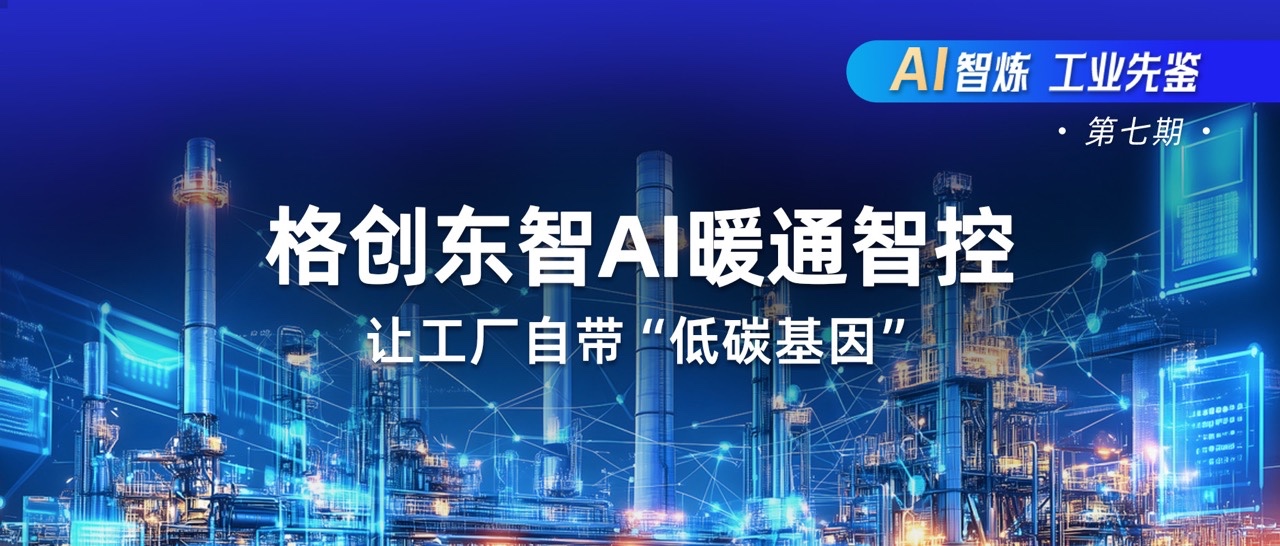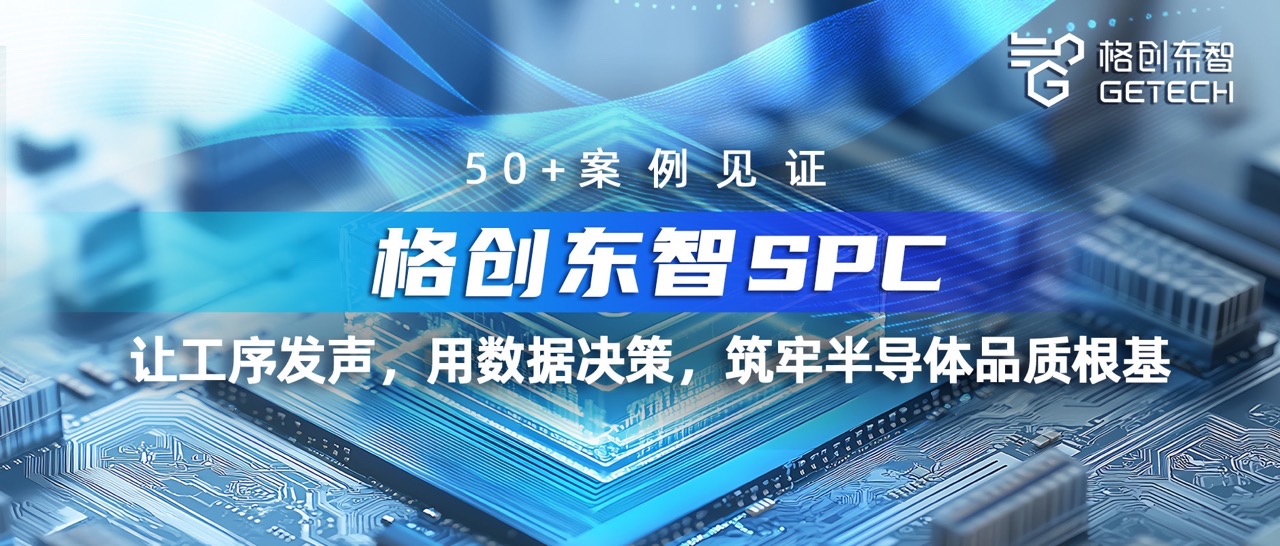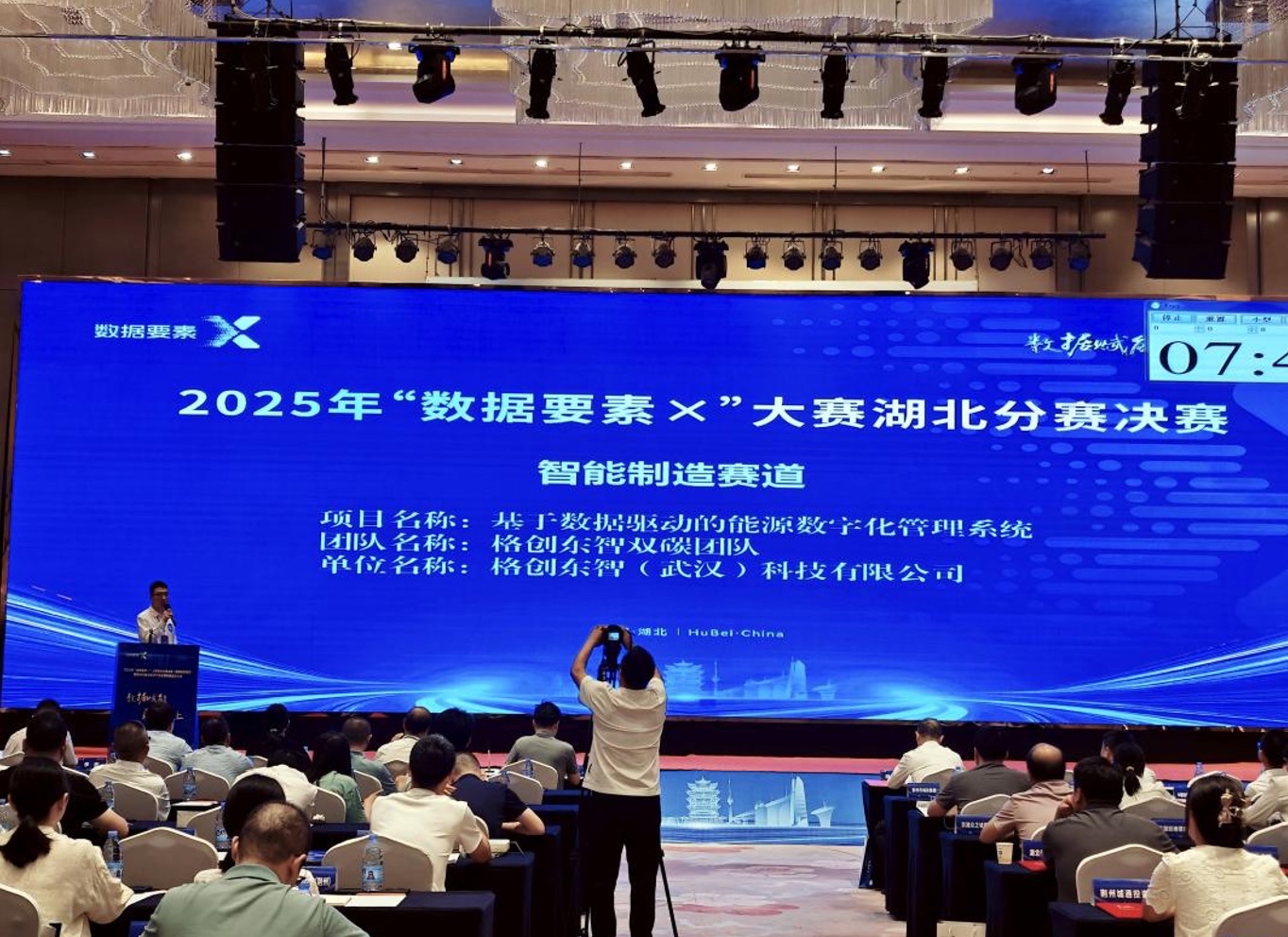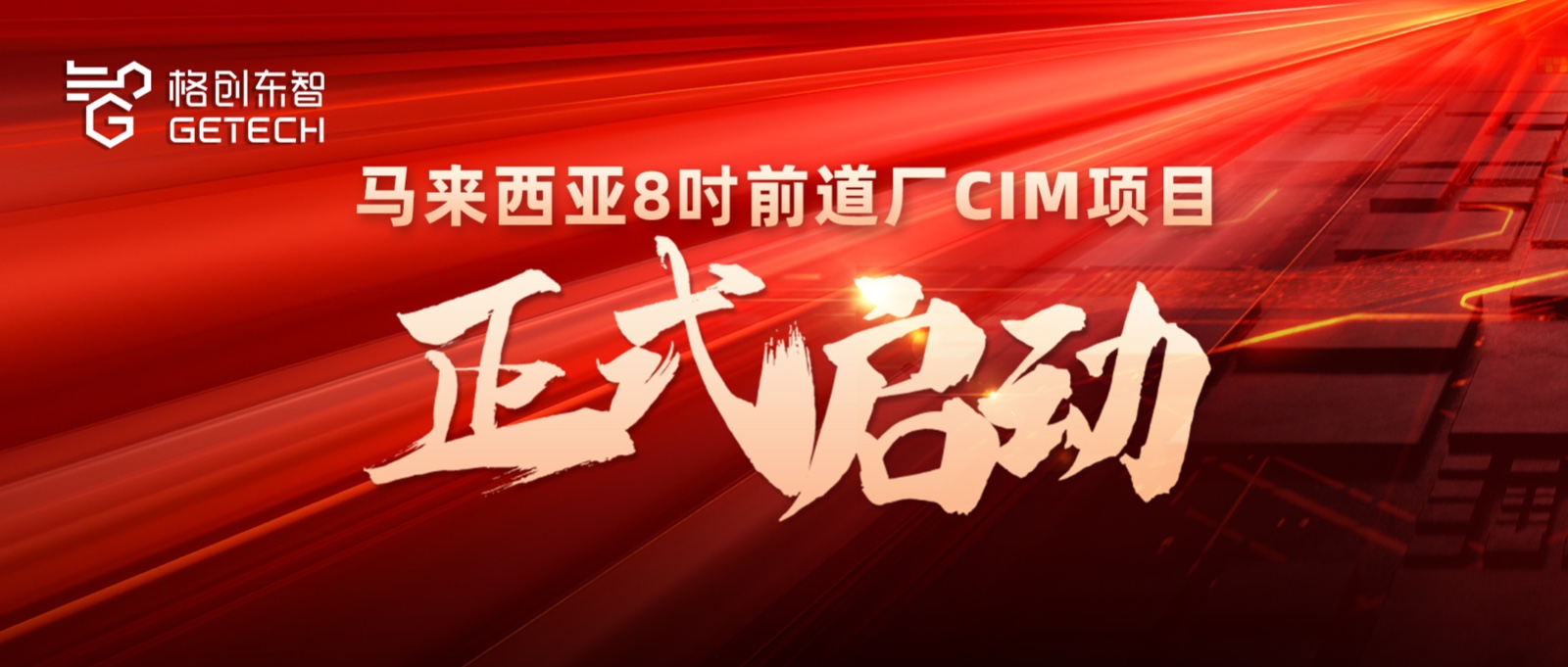Southern Daily Exclusive Interview with GTRONTEC CEO He Jun: Guangdong's Manufacturing Digital Transformation Enters Deep Water Zone
*This article is reprinted from Southern Daily
On the smart production line in Shenzhen's Guangming District, model training engineer Liang Linping is feeding data to the algorithmic model on the AI platform. Based on this AI platform, the artificial intelligence defect detection system jointly developed by GTRONTEC and TCL Industrial Research Institute has replaced 80% of manual inspection points on TCL Huaxing Photoelectric's production line. Moreover, compared to manual inspection, AI inspection speeds are 10 times faster.
The wave of digitalization surges forward. In May this year, GTRONTEC was selected as a national "Cross-Industry Cross-Domain Industrial Internet Platform," becoming a national dual-cross platform originating from semiconductor manufacturing.
"The biggest change in digital manufacturing over the past decade has been the shift from informatization and automation to digitalization, from closed systems to integrated systems, and from external drivers to internal drivers. Guangdong manufacturing dares to use new technologies, becoming a highland of innovation and leading the nation in the digital field."
Recently, GTRONTEC CEO He Jun stated in an exclusive interview with Southern Daily and Southern+ reporters that Guangdong enterprises have moved past the early stages of digital transformation and should now address issues in the deep water zone. In the four years since its establishment, GTRONTEC has internally empowered multiple enterprises, including TCL, generating tangible benefits of 230 million yuan for TCL Huaxing Photoelectric through digital technology applications. It also externally exports digital capabilities, helping more industries and enterprises enhance their smart manufacturing levels.
# Customer-Oriented Approach to Addressing Uncertain Demands #
Southern+: GTRONTEC is a national dual-cross platform originating from semiconductor manufacturing. How does the digital transformation and upgrading of this industry differ from others?
He Jun: The pan-semiconductor industry differs significantly from other industries; it is hailed as the pearl on the crown of manufacturing. First, China's pan-semiconductor industry has considerable competitive advantages in the international market. To maintain these advantages, it must constantly洞察 market changes, develop and produce new products, and continuously improve product quality while reducing production costs. Therefore, it is motivated to actively尝试 innovative applications of emerging technologies. Second, pan-semiconductor manufacturing processes are highly complex, generating vast amounts of data during production. Additionally, this industry has been highly automated from the start, with a very strong信息化 foundation. To achieve deep integration and analysis of massive data on this highly automated basis, enterprises need higher-level technical capabilities. Furthermore, the pan-semiconductor industry has high requirements for production management systems, which demands that technology companies serving it not only have strong software technical capabilities but also a deep understanding of the entire production process. Only then can they develop and implement products and solutions truly recognized by customers in this field.
Southern+: Which industries has GTRONTEC empowered so far? What challenges have you encountered during development?
He Jun: We currently cover over 20 industries, including semiconductors, new energy, 3C electronics, smart vehicles, petrochemicals, aerospace, shipbuilding, pharmaceuticals, and more.
We face many challenges. The first challenge is the lack of talent. Industrial Internet platform companies are highly integrative, requiring not only knowledge of traditional industrial automation and industrial mechanisms but also an understanding of IT, OT, and DT. Such复合型 talent is actually scarce in China. Over the years, we have been thinking about how to find such复合型 talent. Currently, while cultivating such talent, we are also strengthening the integration and complementarity of team capabilities. The second challenge comes from the fact that the Industrial Internet industry is in a critical period transitioning from initial exploration to scale development. The industry urgently needs to find a balanced development path among business models, product standardization systems, and customers'不甚清晰的需求. Moreover, it must steadfastly remain customer-oriented while balancing these uncertain customer demands with its own commercial needs.
# Guangdong's Manufacturing Digital Transformation is More About Process Change #
Southern+: In your opinion, what trends have emerged in Guangdong's manufacturing digital transformation over the past decade?
He Jun: First, the integration trend in manufacturing is becoming increasingly concentrated; second, a number of leading manufacturing enterprises have reached a relatively mature stage in digitalization. Within leading enterprises, the drivers of digital development have shifted from IT technicians to business personnel. There are more top-down projects, and internal driving forces continue to strengthen. Digitalization is no longer just about informatization and automation; it has increasingly become about process change and enterprise transformation.
Southern+: Under normalized pandemic prevention and control, what role can the Industrial Internet play in the transformation and upgrading of manufacturing? Will the pandemic affect the pace of digital transformation?
He Jun: I believe the core technologies of the Industrial Internet platform have played a very important role. First, the Industrial Internet enables companies to strengthen and supplement the industrial chain. It allows companies to control more data to avoid future risks and make better strategic decisions. In the past, companies掌握 internal operational and production data; now, this has expanded to include upstream and downstream supply chains. This enables companies to examine their industrial chains, take measures against potential future risks, and address uncertainties through investments and closer ties with domestic upstream partners. Second, it helps companies develop more flexible and adaptable production and planning capabilities, which are the core capabilities of Industry 4.0. Traditional make-to-stock manufacturing enterprises need to change their mindset and adjust production and supply based on customer demand.
The pandemic will make the pace of digitalization faster and more determined. Visionary entrepreneurs will definitely think more about how to use new technological means to accelerate transformation and seize opportunities from crises.
Taking GTRONTEC as an example, we have been deeply cultivating the pan-semiconductor and new energy industrial chains, which are currently key industries for national development. Under the pandemic, these two industrial chains have actually brought us significant opportunities. Additionally, we insist on serving large leading enterprises first and then empowering small and medium-sized manufacturing businesses with our excellent and rich digital experience. We have also noticed that, under the pandemic, truly competitive large manufacturing companies will only become stronger and will continuously increase their digital investments.
# Increase Cultivation of Domestic Industrial Software Giants #
Southern+: What deep water zone issues in digitalization should Guangdong enterprises address now?
He Jun: From the perspective of leading manufacturing enterprises, we find that the core issue manufacturing has encountered in promoting digitalization over the years is the transformation of production management methods. In the early stages, we could quickly achieve benefits by introducing new technologies and solutions around specific business scenarios. But after reaching a certain stage, if we want to go further, it inevitably involves changes in production management methods. Previously, we might have focused on factory production as the core, but now, as factory digitalization enters an intermediate stage, we need to use sales and customer demands to accelerate the pace of factory transformation. Behind this, it actually involves strengthening the digital mindset of organizations and people.
Southern+: In the process of manufacturing digital transformation, in what aspects does Guangdong still need to improve?
He Jun: First, I think the Guangdong government should further increase support for emerging industries. The investment characteristics of industries like semiconductors and new energy require the state and government to play a crucial and持续推动 role. Second, Guangdong needs to cultivate its own true industrial software giants to promote the industrial upgrade of Guangdong's manufacturing. Learning from the experiences of Europe and the United States, industrial software giants are one of the key forces helping to enhance national manufacturing. Therefore, I believe Guangdong needs its own industrial software giants and should focus on supporting their development through various means.
[Reporter] Bin Hongxia, Xu Ningning
[Intern] Lu Tian'ai
[Photography/Videography] Shi Lei
[Intern] Hu Ke





